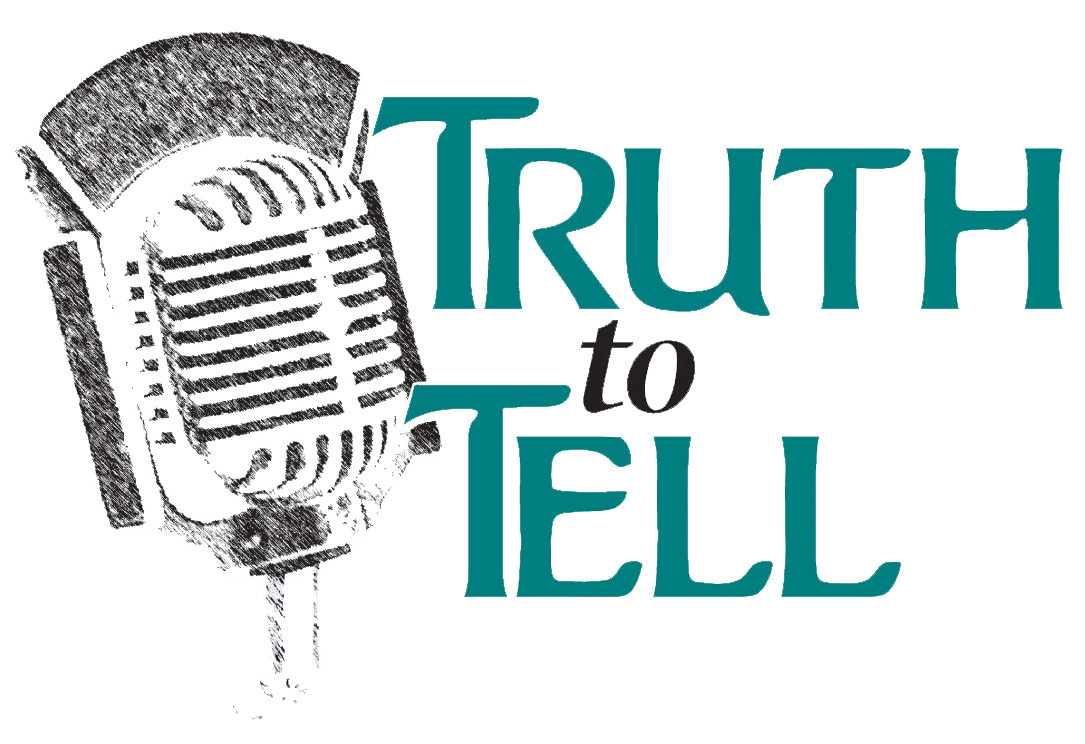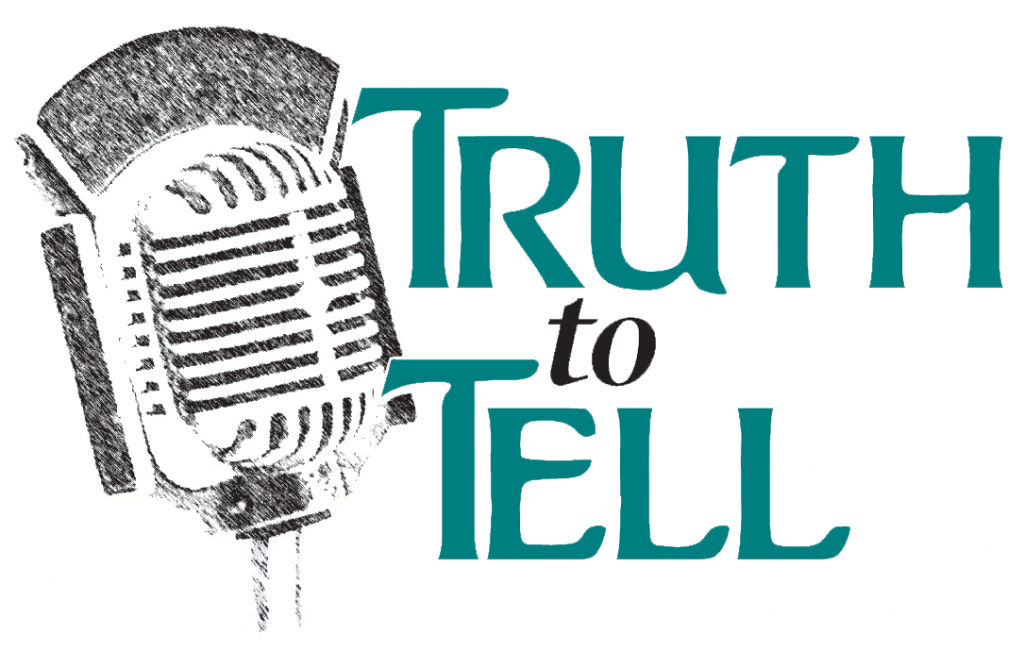ttt1302-jan_14-davidnoble
HELP US BRING YOU THESE IMPORTANT DISCUSSIONS OF COMMUNITY INTEREST – PLEASE DONATE HERE!
~~~~~~~~~~~~~~~~~~~~~~~~~~
Some questions posed by Historian and American Studies pioneer, David Noble, might have some of us scratching our heads – for a minute.
“Why do modern people believe that there will be perpetual economic growth?”
Let’s stop right there and give some thought to this question. By modern people, David Noble is not zeroing in on living Americans; he sees modernity as dating back to the Greeks when men the likes of Plato began an era, nay, millennia, of thinking that instead of caving into the reality of our limits, or of the cycles of life, or what he calls a timeful culture, there began the hubris of timelessness inherent in mankind’s perceived ability to control nature, interrupting its built-in cycles of life and death and disease, and extending life, perhaps forever someday, by conquering death.
Such beliefs formed the core, the nucleus of modern humans trying to throw off traditional cultures and insisting that nothing can – or should – stand in the way of human “progress” and ever-expanding capitalism that presumes that economic and natural Utopia lies just around that next corner only to see how the natural limits have created rising poverty, racism, economic turmoil and an instability in culture and nature we never thought possible.
It also, says David, presumes that the Earth is not the living organism it most certainly is, and that we may be the only species will to deny it in order to conquer it, to extract all of its natural resources and convert to cash all that we can of the clean air and water we once inherited as members of that most stable, self-correcting world in which, thanks to the cycles of life and death and other natural phenomena, we’ve seen evolution and revolution.
The latest in David’s long series of treatises on the Two World theory – the old, timeful world vs. the new, timeless one we keep trying to create again and again to no avail – is titled Debating the End of History: The Marketplace, Utopia, and the Fragmentation of Intellectual Life (Critical American Studies). Just about all of David’s titles sound apocryphal – Death of a Nation: American Culture and the End of Exceptionalism (Critical American Studies) and End Of American History: Democracy, Capitalism, and the Metaphor of Two Worlds in Anglo-American Historical Writing, 1880-1980, Historians Against History and The End of History (University of Minnesota Press, 1965-2012), and some essays of similar bent. The reason, one can be assured, is that the man has never stopped exploring that theory since his conversion from it to a new view through his readings of how fiction and nonfiction writers view such worlds, and discovering that fiction-writers (Hemingway, Fitzgerald, Faulkner and others) allow the real world to have its way with us. A major discovery. That history as we perceive it is dead because it denies important realities.
This is how David taught his American History and American Studies classes – but with a wry smile and a jaundiced eye on the “American Way” even as he explored The Progressive Era from his Master’s Thesis on down to the present. David taught in costume. He taught lying on his back (simply because he couldn’t stand up from a bad back). He brought history and ideas to life and he force everyone to think – which is how the American Studies Department came into being in the first place. Now, at 87, with a household of family members resembling an agrarian settlement around him, the man still teaches, though retired officially, still studies others’ theories he maintains only reinforces his critiques of modern humanity.
TTT’s ANDY DRISCOLL, assisted by MICHELLE ALIMORADI, will revisit his old American History instructor to talk about where western “civilization” may have gone off the rails and why we must the natural limits to growth we as the New World culture of capitalism absolutely believe is essential to its success.
DAVID W. NOBLE – Professor Emeritus, University of Minnesota Department of American Studies; Author, Debating the End of History and nearly a dozen other books calling out the Two Worlds Theory



